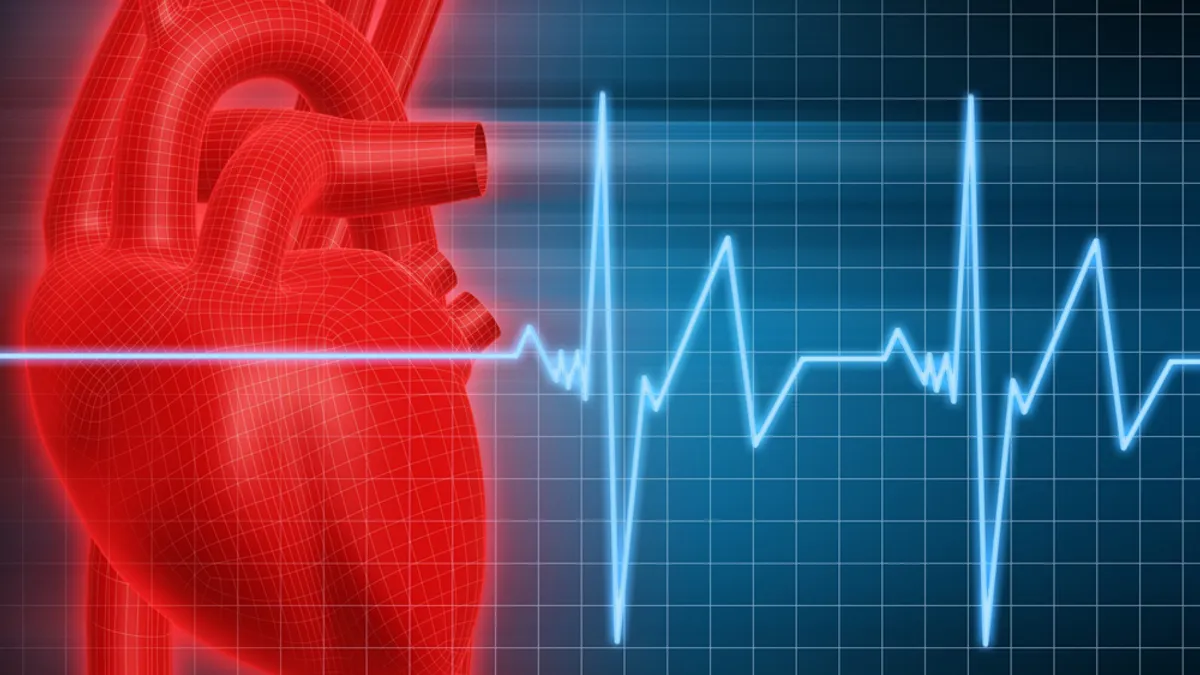Dive Brief:
-
Abbott has started a pivotal U.S. clinical trial of its TriClip transcatheter tricuspid valve repair system, the company said Thursday.
-
This spring the company filed for a CE mark for the product, a sibling of mitral valve repair device MitraClip, but Abbott needs more data to be able to sell the device in the U.S.
-
If the U.S. trial, which has an estimated primary completion date of August 2022, delivers positive data, Abbott has a shot at working through the regulatory and reimbursement process relatively quickly as it has been accepted for parallel review. That means FDA and CMS will review TriClip at the same time, rather than one after the other, to cut the time it takes for patients to access the product.
Dive Insight:
Abbott has benefited from a big first-to-market advantage in the mitral valve repair market, helping it to grow sales of MitraClip by 26.7% in the second quarter. However, the tricuspid valve market is different. Edwards Lifesciences beat Abbott to market in Europe, picking up a CE mark for its Cardioband in the indication in April 2018. In February, Edwards followed up with a CE mark for another tricuspid valve device, Pascal.
The CE mark for Cardioband came almost a year before Abbott even filed to sell TriClip in Europe but the race for the U.S. looks set to be closer. In July, Edwards CEO Mike Mussallem told investors the company plans to start a pivotal trial of Pascal in the triscuspid position late this year and is working with FDA to get a pivotal Cardioband trial underway “in the future.”
Abbott is already up and running. The 700-subject study is now enrolling symptomatic patients with severe tricuspid regurgitation who face at least an intermediate mortality risk if they have tricuspid valve surgery.
Abbott will randomize participants to be treated with TriClip or medical therapy and compare the rates of outcomes including all-cause mortality in the two cohorts at 12 months. The trial also features a separate arm for patients with particularly complex tricuspid valve disease and will track subjects for five years.











